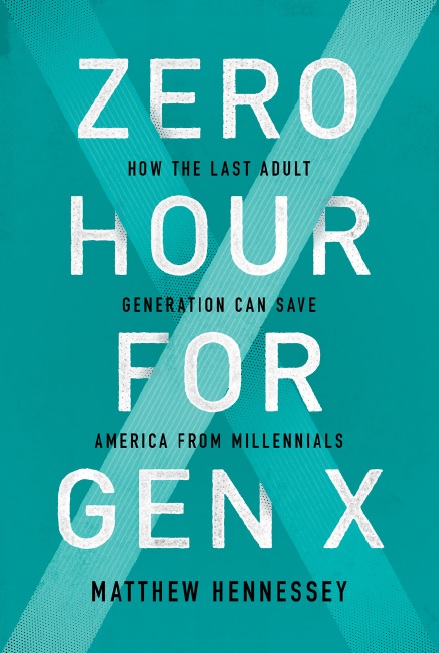My dad has a little ditty he recites during flu season:
Had a bird, name was Enza.
Opened a window, in flew Enza.
But the flu is no joke. Before last January I don’t think I’d ever really had a proper case. Like most people I’ve referred to a bad cold as “a touch of the flu.” I was wrong to do that.
The real flu is a widowmaker.
Last January I was flattened. Four days of high fever, bone chills, dead legs and hacking cough. Desperate not to infect the kids, I donned a surgical mask and rubber gloves and confined myself to quarters.
The children thought I looked funny. I heard them laughing.
“The flu is no joke,” I huffed through a crack in the door.
They were all spared, thanks be to God. So was my wife, who cared for me—and them—with the patience of a saint. She didn’t laugh, nor did she treat me like a leper.
“The flu is no joke,” I wheezed as she adjusted my pillow pile.
“I know, honey,” she said. “We all know.”
I adore her so. There are many marriages in a marriage, moments when trust and devotion are cemented into place, made firmer, made finer.
Love is ne’er truer than when infirmary-reinforced.
Patience, turns out, is the best treatment for the real flu. They tell you to rest, of course, but that’s not really a problem because you have no energy anyway.
They tell you to drink fluids. That’s good advice. Do it.
When you’re in and out of sleep, sweating through your pajamas, and hallucinating Bruno Mars playing foosball with Pliny the Elder you can get a little dehydrated.
Tamiflu helps, but only a little. The sum total of medical knowledge on fighting the flu doesn’t amount to much. All you can do is wait for it to get better.
The influenza virus has been with humanity since the beginning—maybe even before the beginning. Cities, farms, villages, hamlets: It goes everywhere we go.
“Flu is certainly not the ‘emperor of all maladies,’ as cancer was described by the oncologist Siddhartha Mukherjee, but it is the malady of all empires,” writes Dr. Jeremy Brown in his just published history of the dreaded virus.
“Influenza: The Hundred Year Hunt to Cure the Deadliest Disease in History” is a fun read, if you can handle words like “sputum.”
Its pages also contain death and suffering on a large scale, so be prepared. More Americans were killed by the Spanish Flu pandemic in 1918 than in all the 20th century wars combined. That’s the kind of factoid that my Depression-era dad enjoys collecting.
We have vaccines now but flu still kills more than 30,000 people every year in the United States. The vaccine isn’t always effective. Viruses mutate. They “drift”—genetically.
Epidemiologists say there’s no doubt that another deadly pandemic is coming. It will kill millions when it does.
One great nugget: Dr. Brown thinks treating the fevers of flu-sufferers with Tylenol and Advil may actually help spread the virus. When your fever goes down you feel better. You get up and at ‘em though you’re still a dish of ‘enza.
When the meds wear off and the fever spikes, you’ll be back in your hot, sweaty bowl. Pliny and Bruno are waiting.
The question for a religious person has to be: Why? Where exactly in God’s plan does influenza fit? Most of the available Christian literature on illness relates to the challenge of enduring pain and discomfort with a faithful heart.
“To become philosophical about one’s illness is to stand apart from it and to see the challenge of suffering as an opportunity for purification of our hearts and souls,” wrote Rod Dreher a few years back. His 2013 book about his sister’s death from cancer, “The Little Way of Ruthie Leming,” was so good it knocked me out.
“To put it another way, illness is an invitation to grow closer to God, and to our loved ones, and to think about how the law of love works itself out in the mystery of human suffering.”
That’s fine. But the “why” I’m interested in is not the why of the suffering. I want the why of the virus. Call it the theology of biology.
What are these microscopic mutants doing here—living among us, invading our bodies, feeding off of us, replicating like mad, killing us in large numbers?
I believe in God. I believe God has his reasons.
What could possibly be the reason for the flu virus? Drop me a line if you happen to know.
My sister once came down with the flu while reading a book about the flu (I suspect she had a cold.) In light of this, and remembering last January, I handled Dr. Brown’s book with care.
I held it as far away from my mouth and nose as possible while reading. I washed my hands before picking it up and after putting it down. I kept it in a cool, dry place.
The flu is no joke. But I might be.
From the January 2019 edition of Fairfield County Catholic
















